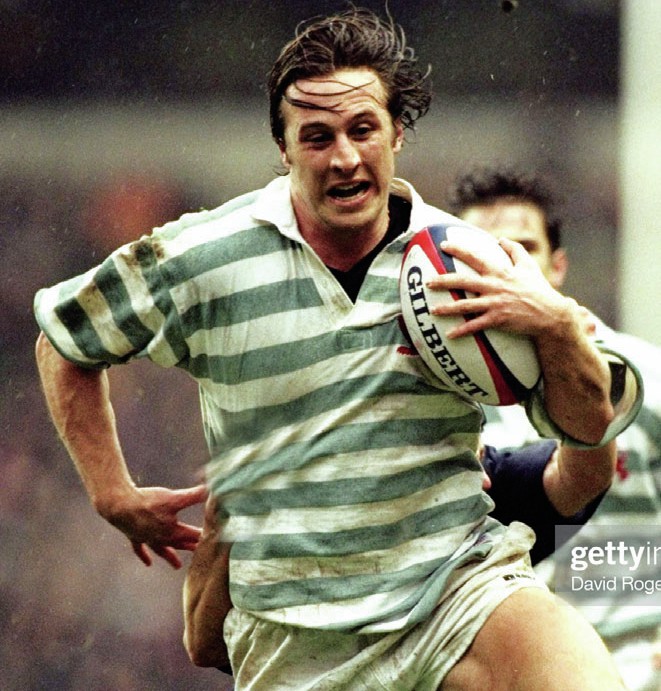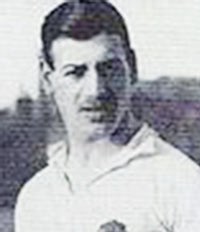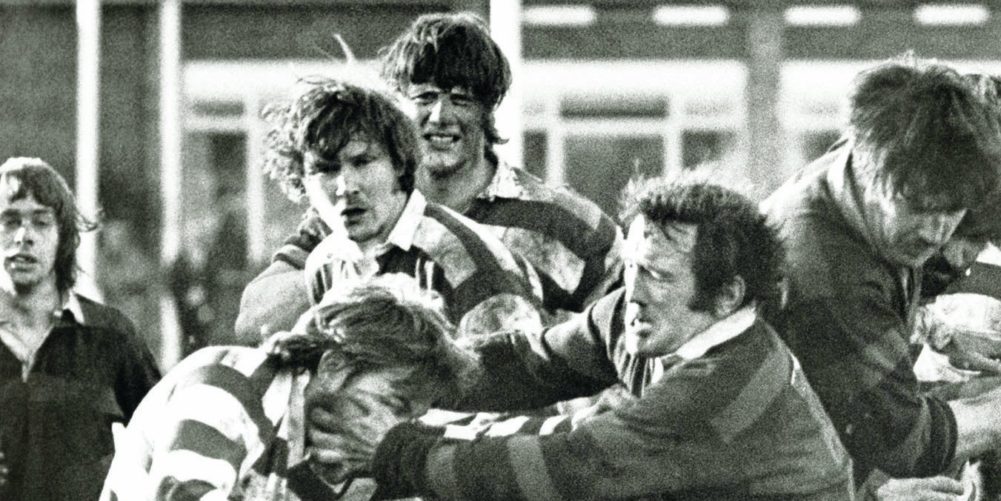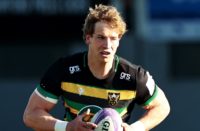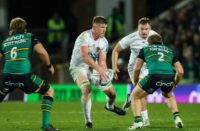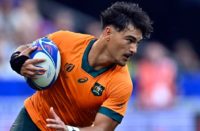Brendan Gallagher continues his series looking at rugby's great schools
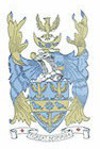
BEDFORD might not be the biggest of towns but is nonetheless home to two notable rugby schools – Bedford School and its off-shoot Bedford Modern School (BMS) which went its own way in 1764. The rivalry is of course keen and if Bedford have been the more consistent performers at elite level over the decades BMS have issued plenty of bloody noses and spawned some of the most revered names in the English game.
The first brace of future BMS England internationals were exact contemporaries, Wardlaw Thompson and Horace Finlinson. Thompson, a hard-running centre, was a son of Empire from Matabeleland – which is now Zimbabwe – and had been sent to the UK to complete his education. He rapidly made a splash at senior club level with Blackheath after leaving school and made four England appearances between 1892 and 1895, the first at full-back and the remainder at centre.
Finlinson, the son of the school's headmaster, was a rugged forward who also made his way to Blackheath with Thompson before returning to become a stalwart with the Bedford club. He enjoyed one season of Home Internationals with England in 1895, sharing with Thompson in an England win over Wales at Swansea.
Arthur Bull was another combative forward in the mould of Finlinson and, after a slow start to his senior career with Northampton, he had just broken into the England team in 1914 when hostilities nipped his Test career in the bud. He did however continue playing after the war and captained Northampton Saints.
During the war itself Harold Day – another far flung son of Empire who had been born in Darjeeling – washed up at BMS and immediately made an impression in the backs with his pace and kicking skills.
Immediately after the war saw a golden period for England and Day was able to win ‘only' four caps but he became something of a legend at Leicester Tigers where he amassed 1,151 points in 212 games including 108 tries. Day was also a more than useful cricketer with four first class centuries for Hampshire and after retiring from active sport became both the rugby and cricket correspondent for the Daily Telegraph.
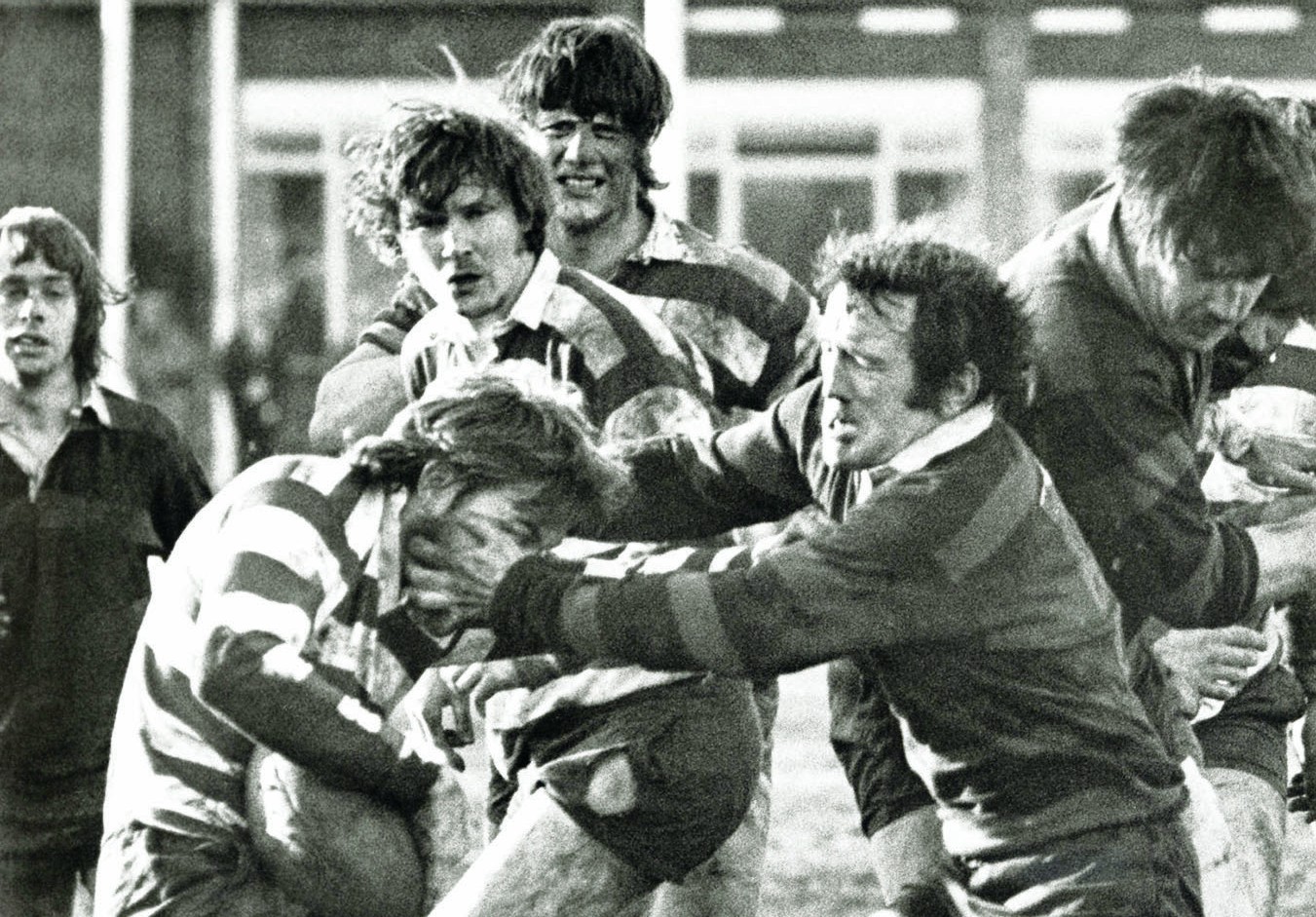
Another old boy came to national prominence during this era, the comic book hero Edgar Mobbs – and more on the side of this page about this former England captain and brave patriot who raised his own Sportsman's Battalion to fight on the Western Front.
The next big name from Bedford Modern was arguably their greatest rugby product, England and Lions scrum-half Dickie Jeeps, although he was equally as promising as a cricketer and athlete at school. He started his rugby career at BMS as a fullback and never lost those all-round skills when he moved to scrum-half.
Tough and brave, it was his ability to absorb the big hits from opposition forwards and still serve up a decent pass for his fly-half that marked out Jeeps as he made his way for Northampton Saints although it still took quite a time for his true abilities to be recognised.
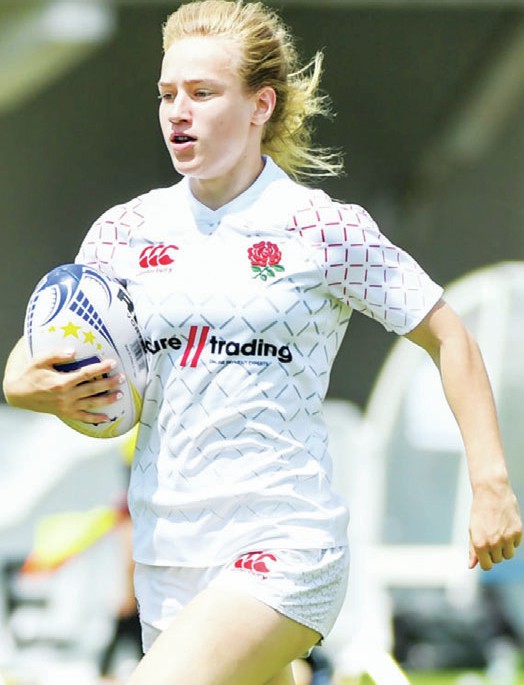
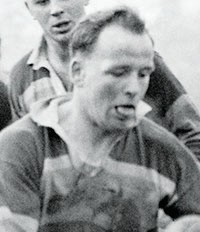
The breakthrough was largely down to Wales fly-half Cliff Morgan who, in 1955, was very impressed by Jeeps' showing for Saints against Cardiff and off the back of that, with a Lions tour party to be announced, asked for Jeeps to be picked alongside him for the Barbarians on a tour of the West country which included a good run out against Cornwall.
With Morgan's strong recommendation Jeeps was the ‘shock' announcement in the Lions tour party and proceeded to play – and excel – in all four Tests of a memorable tour. Indeed it was the start of a Lions career that included 13 Test appearances between 1955 and 1962, second on the all-time list behind only Willie John McBride.
Following the 1955 Lions tour England had little option but to pick Jeeps and he proceeded to star in their 1957 Grand Slam although a total of 24 caps by the time he retired in 1962 still seems a little on the light side for a player of such stature. In later life he served as president of the RFU and was a notably bold and innovative chairman of the old Sports Council for seven years.
More recently Lionel Weston was a smooth passing scrum-half who was short-changed with just two England caps in 1972 when life behind a badly beaten pack wasn't much fun. Some years later Mark Denney, a strong and composed centre, was a prolific winner of schoolboy and age group caps and made a considerable impact with both Bristol and Wasps where he was a stalwart member of a very successful side.
The early 90s was a strong period with the U15 side getting through to the Daily Mail U15 Cup final that year before losing to Bristol GS at Twickenham and the core of that year group saw BMS go well over the next few years at U18 level without reaching the final.
There was also a strong period under coach Rob Hardwick particularly between 2012 and 2017 with the team regularly reaching round five or six of the NatWest and there was also a fine Sevens campaign from the U16s that year when they reached the final of the Rosslyn Park colts competition before losing to St Josephs.
There was further good news in 2019 when former pupil Lizzie Adam, a wing with Loughborough Lightning, broke into the England Women Sevens squad.
More recently though they have endured a couple of lean seasons – there is no hiding place when you have such a strong fixture list. During the 2018-19 campaign only a 27-26 win over St Columba's college avoided the ignominy of a 19-game season without a win.
It's time to rebuild and one interesting development this summer has been the recruitment of England's most capped player as coach. Rocky Clarke MBE is the holder of 137 England caps and was at the heart of the England Women's successful World Cup campaign in 2014.
